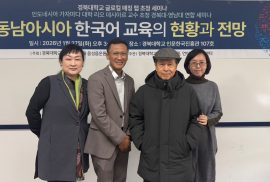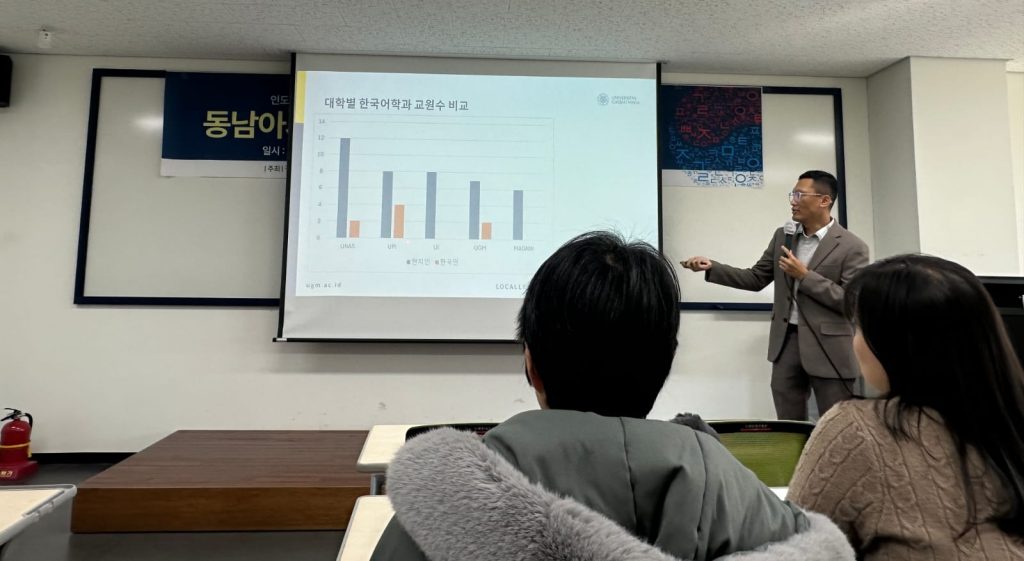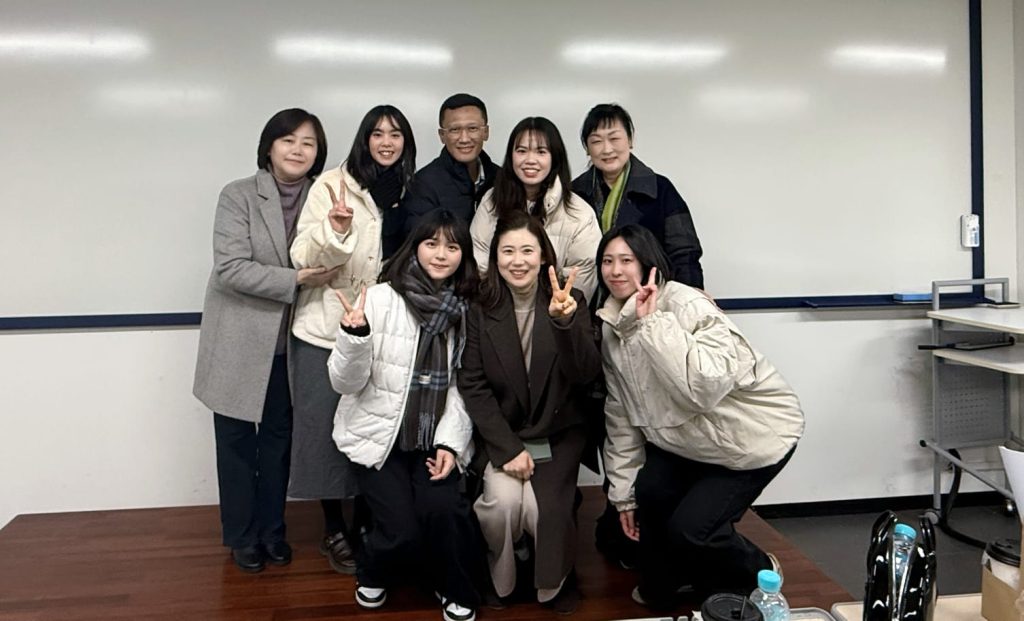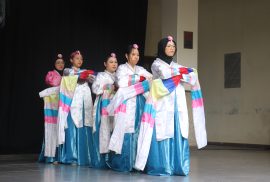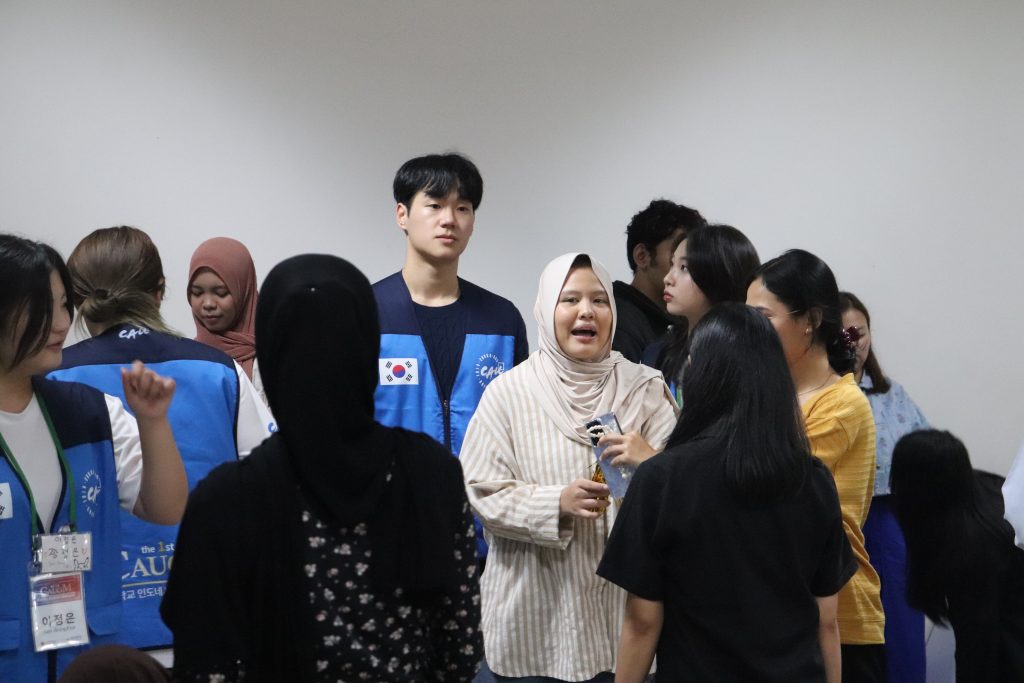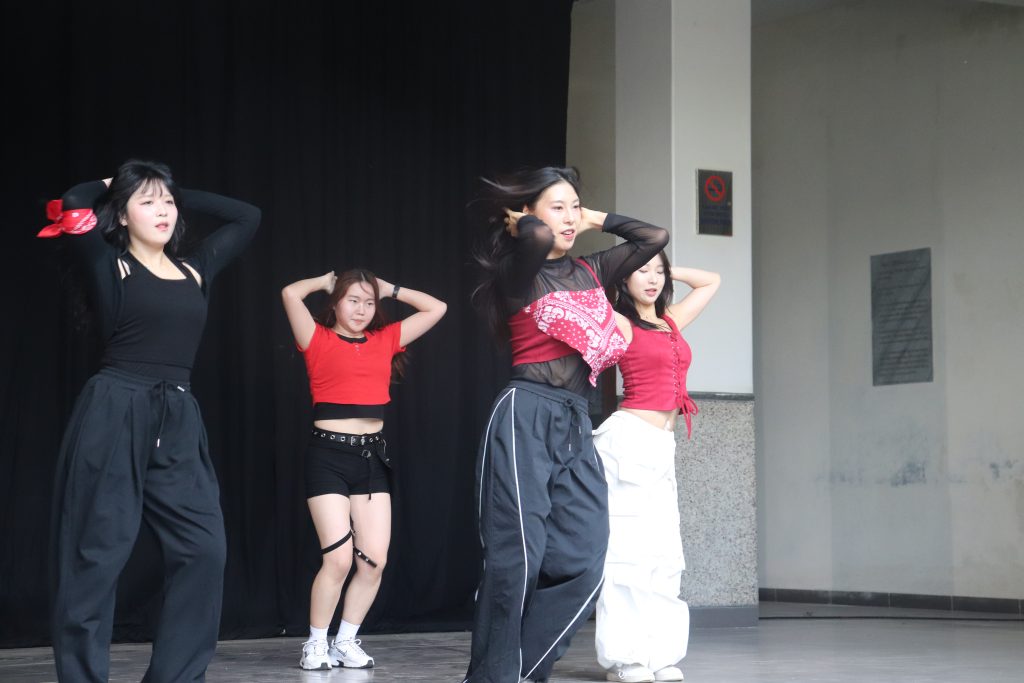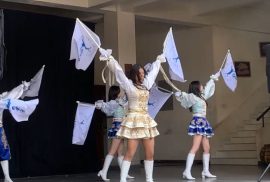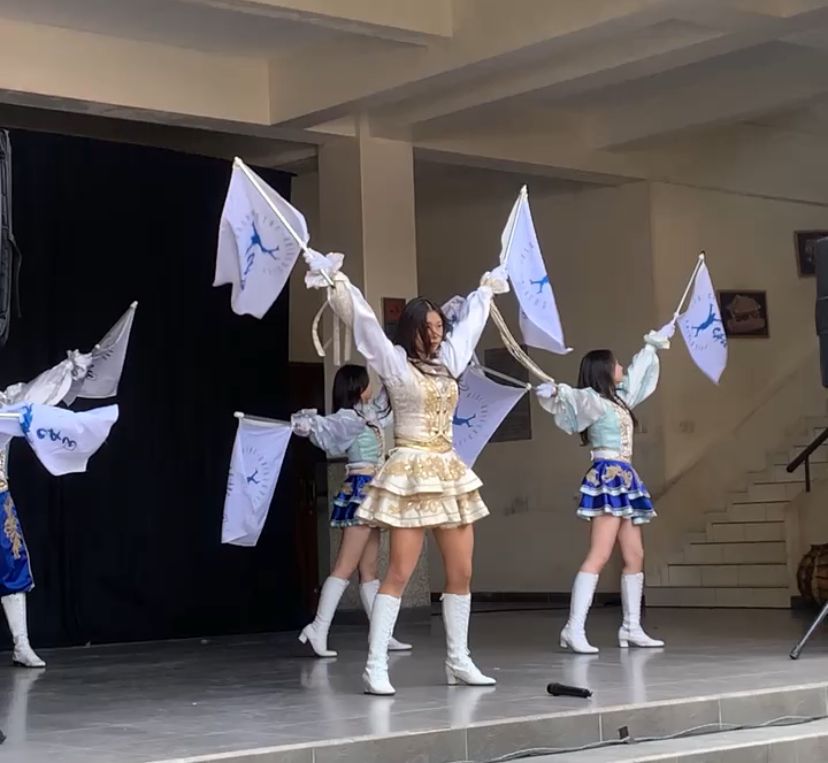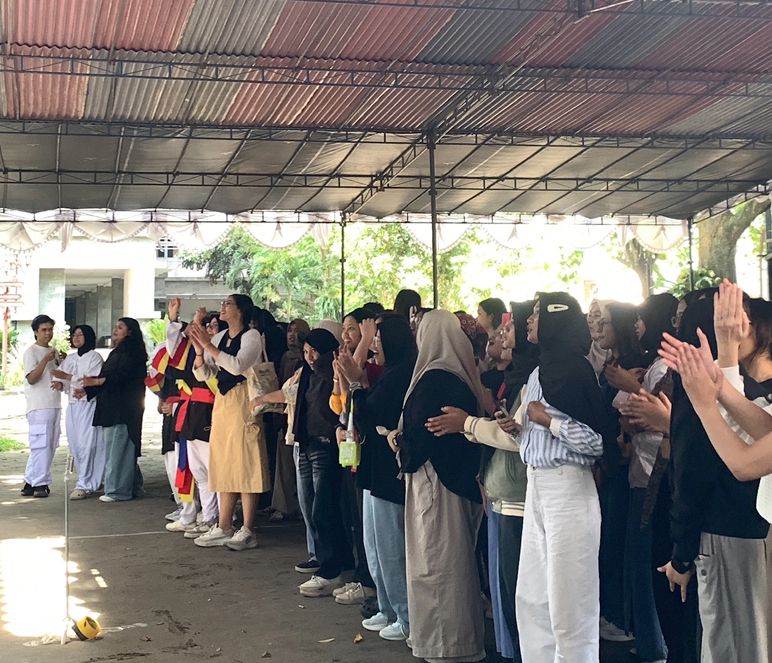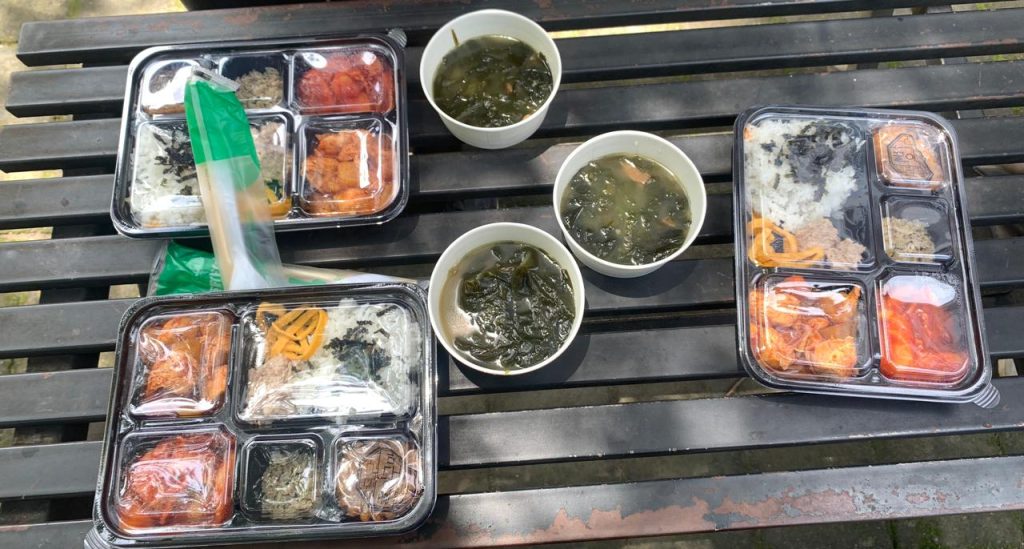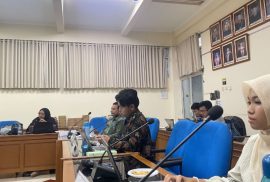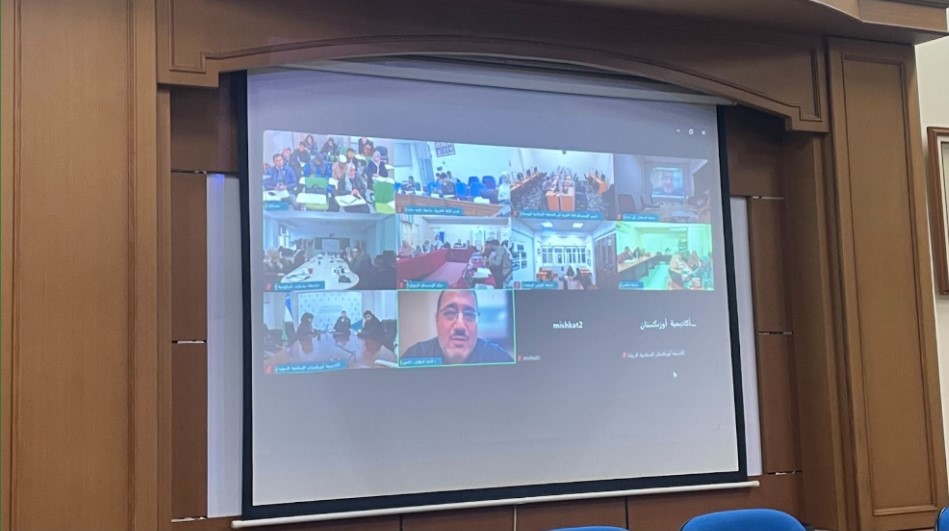A lecturer of the Korean Language and Culture Study Program, Faculty of Cultural Sciences, Universitas Gadjah Mada (UGM), Achmad Rio Dessiar, B.A., M.A., Ph.D., received an official invitation to participate in a series of academic activities in South Korea from 26–30 January 2026. The invitation included participation in the Global Matching Lab program at Kyungpook National University (KNU), as well as meetings to explore academic collaboration with Yeungnam University in Daegu.
The visit began with participation in the Global Matching Lab at Kyungpook National University (KNU), which involved discussions with Prof. Ahn Mi-ae (Kyungpook National University) and Prof. Lee Mi-hyang (Yeungnam University). In addition to these discussions, the agenda included formulating joint research plans, organizing academic seminars, and exchanging perspectives on Korean language education in the Southeast Asian region. Through this program, sustainable research collaboration between researchers of both institutions is expected to be established, along with academic contributions relevant to each country’s local context.
On the same day, a public lecture was also delivered at Kyungpook National University under the theme The Development of Korean Studies Teaching in Indonesia. The lecture served as a platform for academic exchange while introducing the dynamics of Korean language and Korean Studies education in Indonesia to the international academic community.
As a follow-up to the academic collaboration initiative, a visit was also conducted to Yeungnam University. This visit continued the earlier meeting held on 27 December 2025, when several Yeungnam University faculty members visited the Faculty of Cultural Sciences, Universitas Gadjah Mada, to explore potential cooperation.
During the visit to Yeungnam University, discussions were held with the Dean of the Faculty of Humanities, Prof. Noh Sang-rae, and Prof. Lee Eun-jung from the Department of Anthropology, focusing on opportunities for deeper academic and research collaboration. Several forms of cooperation were agreed upon, including a student exchange program that enables students to apply for scholarships and study at Yeungnam University, as well as academic support for those intending to pursue master’s and doctoral degrees in the humanities. Yeungnam University also expressed its willingness to issue Letters of Acceptance (LoA) to support scholarship applications.
Participation in this international forum reflects the active role of UGM faculty in expanding global academic networks, strengthening educational and research collaboration, and promoting cross-border knowledge exchange. These efforts also contribute to advancing quality education, sustainable international cooperation, and increased academic mobility for both students and faculty at the global level.
Penulis: Eunike Serafia & Aura Adiba

